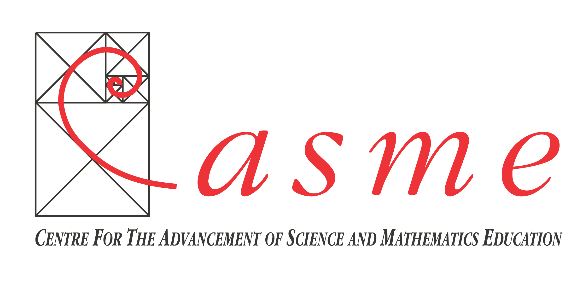In response to these challenges, the Science2Go mobile resource project, supported by the Ford Global Fund Grant, provides a network of schools with access to tools and knowledge essential for effective science lessons and increased exposure to Fourth Industrial Revolution (4IR)-defined real-world and experiential science education.
The Science2Go mobile resource center visits each project school three times a year, offering hands-on science activities aligned with the Curriculum Assessment Policy Statement (CAPS) and Annual Teaching Plan (ATP). Additionally, Natural Science teacher workshops are conducted each term, focusing on teacher development. In its third year, the project has demonstrated a significant impact, evident in increased learner passion for science, improved enrollment in grade 10 science classes, and enhanced learner pass rates.
With an investment of 4,066 million Rands over three consecutive years starting in 2022, the project initially supported 11 schools in Port Elizabeth, Eastern Cape Province. In 2024, this support expanded to 15 schools, including the replacement of three schools that have progressed sufficiently to sustain their learnings independently.
To extend its reach, the project includes once-off weekly visits to districts beyond its designated area, such as Alfred Nzo, Amathole, Sundays River, and Sara Batman. Recent improvements include the integration of mathematics teacher support through workshops and school-based visits, starting in 2024.
Despite being funded by the Ford Global Grant, the project has received substantial support from local Ford personnel in South Africa, including facilitating site visits for learners to the Ford plant in the Eastern Cape Province.

